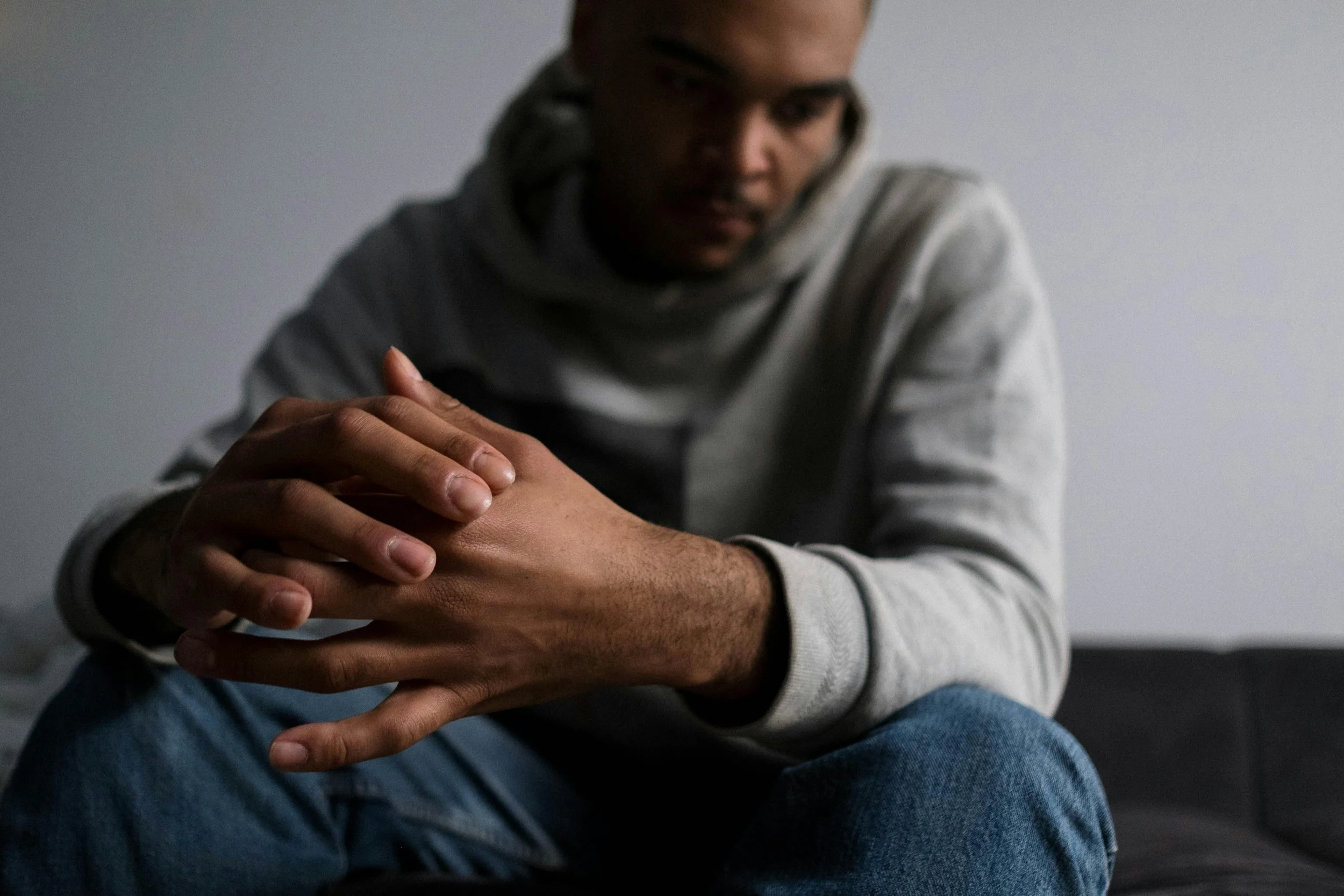Trauma Impact: What You Can Do Today to Heal Your Relationships
By Yolande Clark-Jackson
Relationships are an essential part of our lives. but they are not always easy. Conflict, tension, and even trauma can cause our relationships to suffer, leaving us feeling unfulfilled and disconnected from our partners, which affects our mental health. Fortunately, harnessing the power of your relationships will not only improve your outlook on life but your overall sense of wellbeing. To improve the quality of our relationships, it’s essential first to acknowledge and address any issues that may be affecting them. Whether you are seeking to address communication issues, build empathy and respect, or heal from past traumas, you can learn strategies that can help.
“Trauma can impact our familial, friendship, romantic, and work relationships in so many ways,” says licensed marriage and family therapist Dr. Christiana Ibilola Awosan. Awosan says this topic isn’t discussed nearly enough as it should be. She adds, “We do understand the impact of trauma on our mental and emotional health and for some reason, making this connection to our relationships becomes difficult.” She adds that it is particularly difficult to talk about the impact of racial trauma on our romantic relationships.
Awosan says just as it is important to acknowledge the physical, emotional and socio-economic impact of racial assaults and discrimination, “It is important to be able to recognize the impact of racial trauma on our emotional and relational health and wellbeing.”
Recognize the signs of trauma
Recognizing the signs of trauma is crucial when it comes to healing from past relationship experiences. Understanding the emotional and psychological effects of trauma is the first step towards addressing and resolving it. Trauma can manifest in various ways, including anxiety, depression, trust issues, and difficulties in forming intimate connections. By acknowledging these effects, individuals can begin to explore the impact trauma has had on their past relationships. Identifying the signs of unresolved trauma in oneself is key to breaking free from its lingering effects and moving towards a healthier and more fulfilling romantic relationship.
Understanding the emotional and psychological effects of trauma
Validating one's own experiences is an essential part of healing from past relationship trauma. It involves acknowledging and accepting the effects that trauma has had on one's past relationships. This validation allows individuals to release any self-blame or guilt associated with the trauma, fostering self-compassion and understanding. By reframing negative self-perceptions, individuals can begin to heal and move forward with a renewed sense of self-worth and empowerment. Practicing self-compassion and accepting the impact of trauma can facilitate the process of healing and open the door to forming healthier and more satisfying relationships in the future.
Identifying the signs of unresolved racial trauma in yourself and your relationships
Awosan cites the book Racial Trauma, by Dr. Kenneth V. Hardy as a framework to illustrate some ways the invisible wounds of racial trauma can impact how you show up in relationships and connect with your loved ones
Assaulted sense of self: “The constant negative messages that Black and People of Color are bombarded with, which diminish who we are or find us lacking in some ways or another, wear at us and our sense of self,” says Awosan. She adds this can show up in many ways. “Whether it's the negative messages that “People of Color are not smart enough” to “there are no good examples of strong romantic relationships within Black community” or “People of Color don’t go to therapy and don’t focus on self-care”, all of these racial stereotype negative impact how we see ourselves, how others see us and how we show up in relationships.” When your sense of self is under assault, it can be hard to make time to talk.
Self-shaming and other-shaming create barriers between self and others. Awosan states that devaluation of self causes disconnection and shame. “Shaming of self also continues the vicious cycle of devaluation of self and others because one continues to believe that one is not good enough and that these negative stereotypes truly define you and the people who look like you.”
Learned voicelessness: One response to trauma is learned voicelessness that Awosan says, “creates an inability to defend oneself against the negative stereotypes or messages projected at you as a Black or a person of color.” She adds that this voicelessness that people use as a survival technique at work in predominant White spaces contributes to a person’s ability to advocate for themselves in the relationship. They become trained in “people pleasing.”
Rage: In his book, Hardy describes rage as “a deep-seated emotional response to experiences of degradation and devaluation.” Awosan says this rage connected to frustration related to these experiences can show up in a variety of ways. “The invisible wound of racial trauma and rage associated with it can appear as reckless behavior, sadness or depression in relationships,” she adds.
Things you can do to start healing
Process and release painful emotions related to past trauma
Create a safe space to listen to others process emotions related to past trauma
Utilize therapeutic techniques such as journaling, meditation, or art therapy
Establish healthy boundaries
Recognize and set boundaries that prioritize your emotional well-being
Communicate your needs and boundaries with your current or future partner
Prioritize self-care activities that promote healing and emotional well-being
Incorporate stress-reducing techniques such as exercise, mindfulness, and self-reflection to support your mental health
Develop new relationship patterns by reflecting on past relationship dynamics and identifying patterns to avoid.
Seek the help and support of a professional
Finally, keep in mind: it’s a process. Healing and improving our relationships requires patience and practice. Work at acknowledging the signs of trauma, understanding its emotional and psychological effects, and validating our own experiences. By practicing self-compassion and reframing any self-blame or guilt associated with past or racial traumas, you can embark on a transformative journey towards healing and growth.
However, it is important to note that seeking professional help from a culturally affirming therapist can greatly enhance the healing process.
Ibisanmi Relational Health therapists are trained and skilled professionals who can provide culturally affirming support. Book a free 15-minute consultation here.
And, be sure to follow IG at @ibisanmi.relational for mental health check ins, tips, and inspirational posts.






